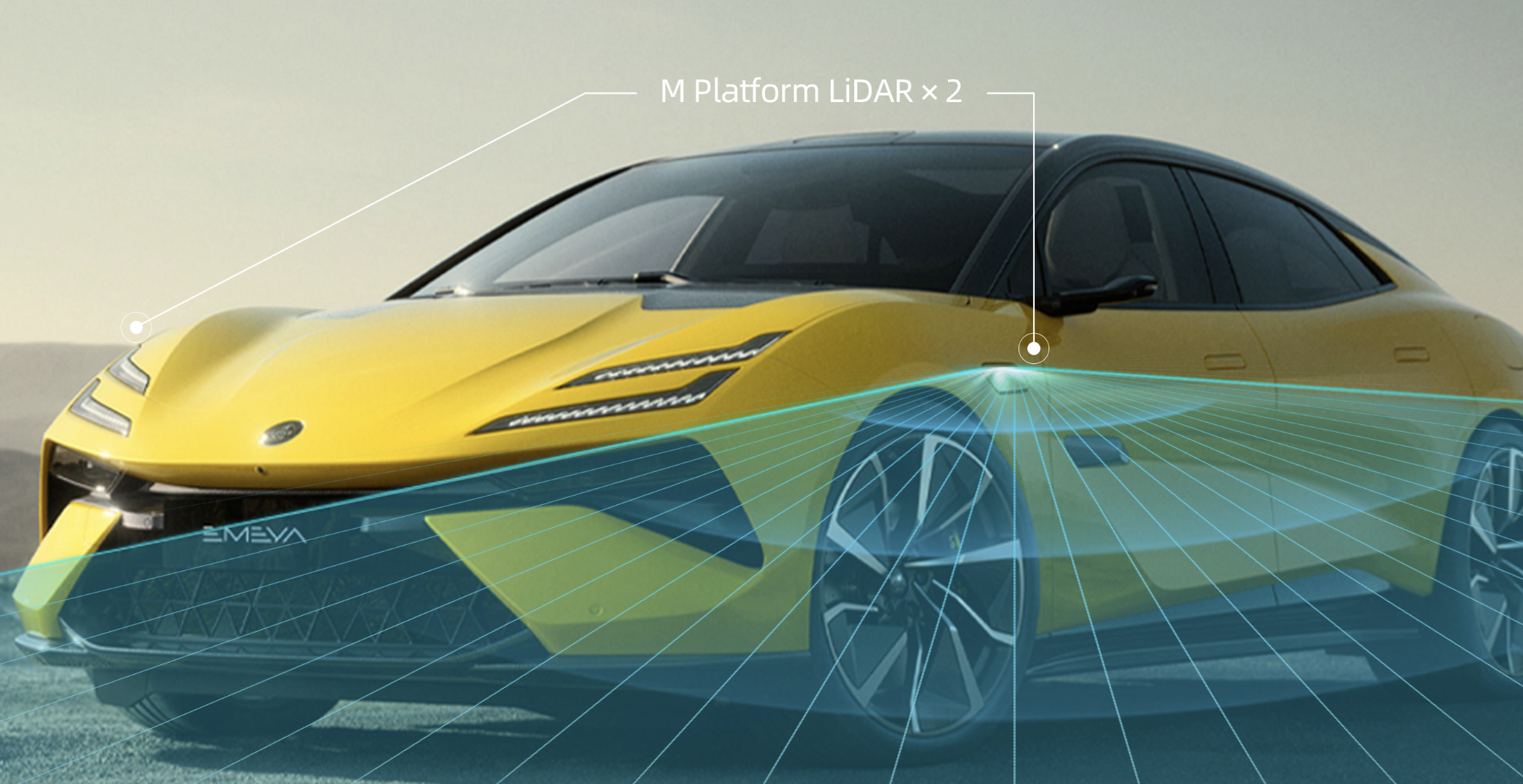Sensor technology is advancing rapidly within the automotive sector, paving the way for smarter, safer, and more autonomous vehicles. Within the sensor suite, LiDAR has emerged as a star player. Using laser pulses to create a precise 3D map of the vehicle’s surroundings, it offers certain performance advantages over camera and radar, as well as redundancy.
Between 2018 and 2022, 15 automakers released car models featuring LiDAR technology. The list of brands offering this technology is constantly growing and currently includes Mercedes-Benz, BMW, Lotus, Honda, Toyota, Polestar, Lucid, BYD, Great Wall, Nio, and Xpeng. The technology is also widely regarded as pivotal to safe autonomous vehicle operation and used in pilot fleets of robotaxis by such big-name players as Baidu and Waymo.
Polaris Market Research expects the global automotive LiDAR market to expand at a CAGR of 26.4% from US$225.7m in 2021. Yole SystemPlus is calling for a CAGR of 55% from 2023, with a value of nearly US$4.5bn by 2028. Numerous suppliers across the globe are scrambling for a share of this promising market, including Innoviz, Luminar, Velodyne, and Valeo. However, with its highly iterative and cost-effective hardware and software and mass production capabilities, Chinese company RoboSense believes it has an edge over the competition.

